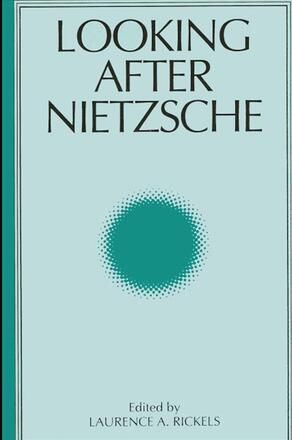
Looking After Nietzsche
Alternative formats available from:
Description
This book, like the post-Heideggerian reception of Nietzsche, rides out the splits and frays of the text offering an up-to-date look at international Nietzsche scholarship. Included are topics such as the collaboration of German thought with the rise of National Socialism and the alliance between Nietzschean genealogy and Freudian culture criticism in regard to technology and the unconscious, the status of moral imperatives from Kant to Heidegger, and Heidegger's alleged rediscovery of Nietzsche as the "last metaphysician." Looking After Nietzsche is nonexclusionary in the risks it takes; every thread of "Nietzsche" is pursued throughout its labyrinthine entanglements.
Laurence A. Rickels is Professor of German in the Department of Germanic, Oriental and Slavic Languages and Literatures at University of California, Santa Barbara. He is the author of Aberrations of Mourning: Writing on German Crypts and Der unbetrauerbare Tod and editor of Gottfried Keller's Jugenddramen.
Reviews
"This book crosses disciplines between philosophy, psychology, and literary theory. The book properly reflects the fact that Nietzsche is oftentimes the gathering place for this sort of important interaction." — Walter Brogan, Villanova University